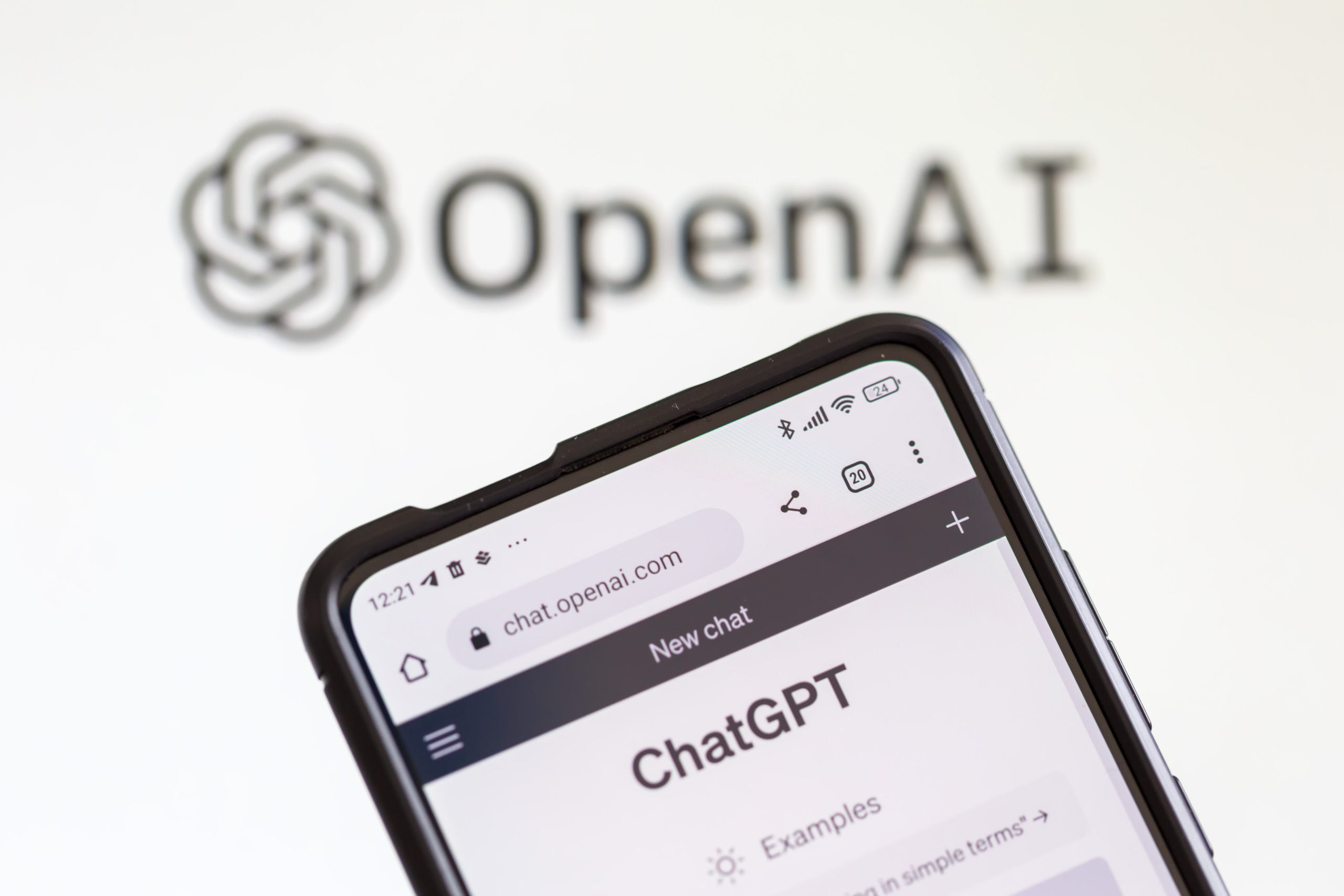
According to current figures from the digital association Bitkom, there is great interest in generative AI in the day-to-day business of startups. But there are limitations.
When it comes to completing routine tasks, the majority of German startups already use language assistants such as ChatGPT. This is the result of a survey conducted by the digital association Bitkom among around 200 tech startups. Eleven percent of the study participants stated that they had not yet used AI tools, but that they were planning to do so. Another 21 percent can imagine using generative AI applications in their operations in the future. Less than a tenth of those surveyed stated that they would not use voice bots and would also refuse to do so in the future.
Since the study was conducted between March and May 2023, study author Daniel Breitinger can imagine that the number of ChatGPT users in startups has continued to increase. Since the beginning of the year, the US company OpenAI has been gaining popularity for its freely accessible speech AI that passes university exams. Other tech companies such as Google with “Bard” and Meta with its chat bot “LLaMa” also want to follow suit in the market. In Germany, the Heidelberg startup Aleph Alpha is developing a generative AI called “Luminous” that is supposed to understand and evaluate texts just as well as Chat GPT. European competition is also announced with the French startup Mistral and the AI startup Nyonic.
read too
The Bitkom survey only relates to how young companies use generative AI in everyday life, not how chat bots can become part of their product or build their business model on it. Breitinger admits: “That was a point that we discussed a lot internally, where to draw the line when using language models.” It is often a decision made by individual employees to make their job easier, e-mails or summaries of specialist articles to have it written by a language assistant or to use an AI tool for brainstorming in a team.
The results are not representative, but indicate a trend
Since the sample of the study is small compared to the actual number of startups, in 2022 alone there were around 2,600 startups founded in Germany, the significance of the Bitkom survey is limited. Breitinger also emphasizes that the results are not representative, but still serve as a good indicator to give an insight into where the scene currently stands.
A few weeks ago, the digital association also asked German commercial companies how important they think the use of artificial intelligence is. The companies were much more cautious here than startups. Around a quarter of around 600 participants said they hoped to use AI in their own company within the next ten years. Almost a third saw the technology as more of a risk than an opportunity. Daniel Breitinger from Bitkom: “We see that startups are more AI-savvy than German commercial enterprises because they work with new technologies much earlier.”
According to the expert, more established companies would have to open up more in the face of international competitive pressure and a shortage of skilled workers, especially since AI solutions would go hand in hand with significant efficiency gains. “Wherever AI can be used sensibly, it will come.”
read too
A recent study by consulting firm McKinsey estimates that generative AI like ChatGPT has the potential to increase productivity in the global economy by $2.6 trillion to $4.4 trillion annually. According to the consultancy, around 75 percent of the estimated value would be generated by so-called large-language models in the areas of customer service, marketing, software development and research and development. Financial service providers, media and biotech companies would benefit most from the technology.
Market regulations are imminent with the European AI Act
To ensure that European companies in particular that want to develop or use generative AI are legally protected, the EU member states are working on a uniform set of rules, the so-called AI Act. The European Parliament already voted on the draft law in June. The final talks with the EU members are still pending. The plan is for AI providers to disclose possible risks their solutions pose to health, safety, fundamental rights, the environment, democracy and the rule of law and to register their models in a database before they are allowed on the European market. Critics now fear too much regulation.
Breitinger, the author of the study, points out: “With a view to the AI Act, we have to make sure that we don’t prevent innovations, but enable them from Europe.” This is the only way for the EU to withstand the competition against the USA and China.
Source: https://www.businessinsider.de/gruenderszene/technologie/umfrage-grossteil-der-startups-nutzt-chatgpt-im-alltaeglichen-betrieb/




